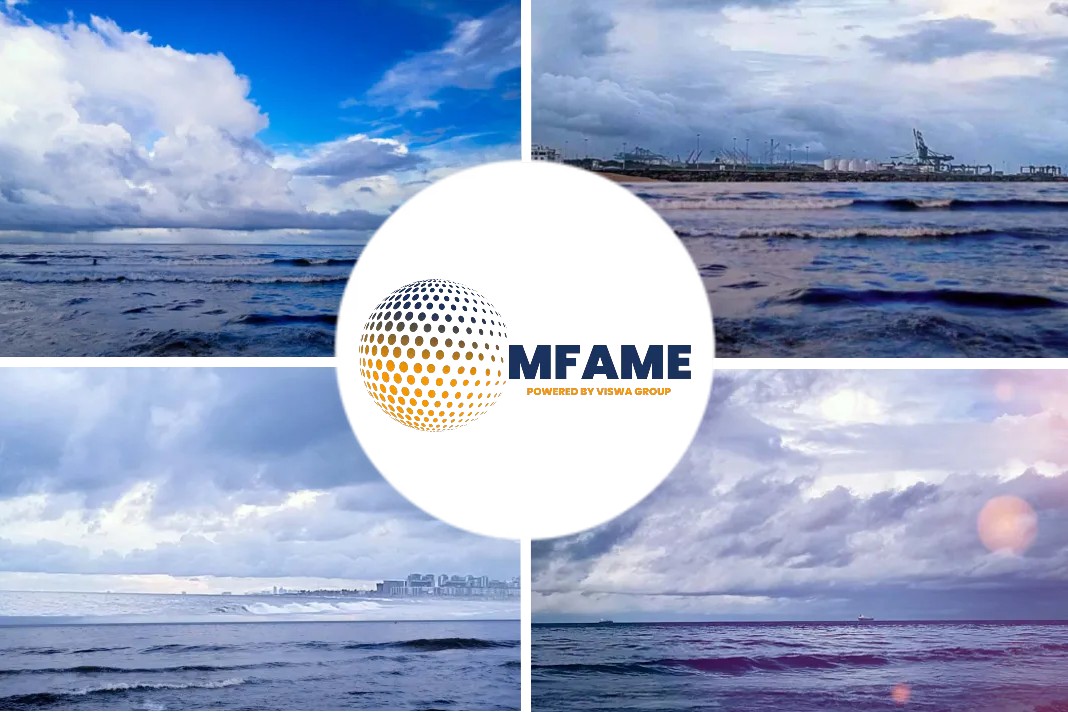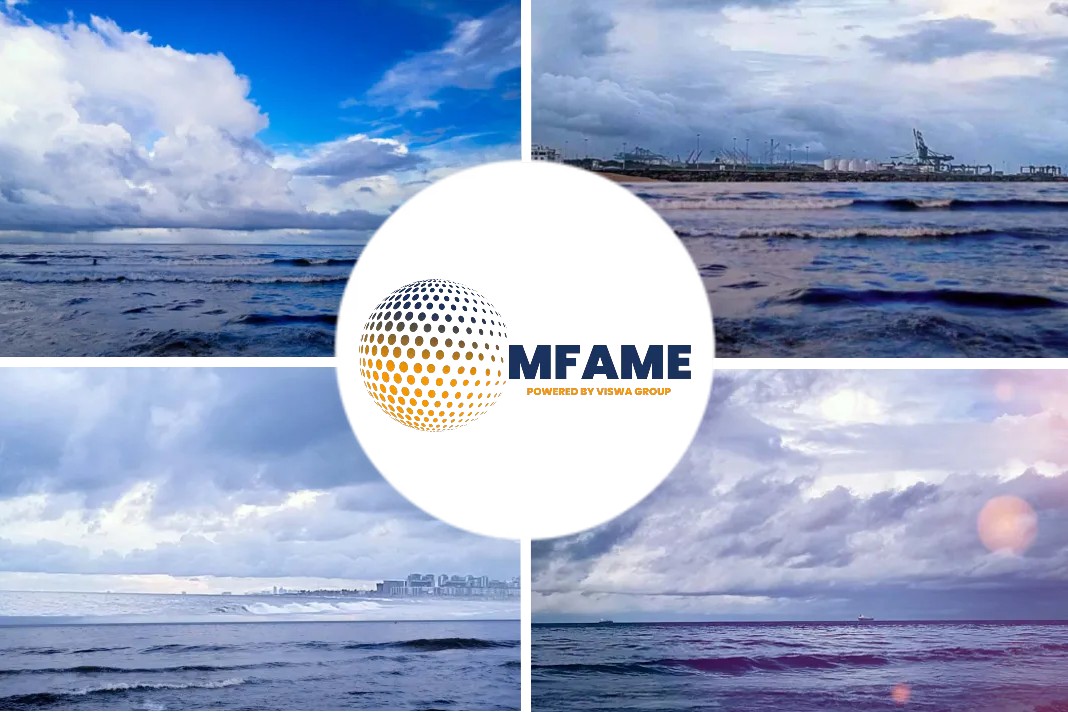
The Maritime Technologies Forum (MTF) – of which DNV is a founding member – has released a comprehensive assessment to compare the feasibility and readiness of alternative marine fuels, says an article published on DNV.
Support assessment
The new heatmap report assesses the level of current readiness of fossil LNG, bio-methanol and green ammonia compared to fossil MGO
The assessment applied MTF’s Framework for Assessing Decarbonization Technologies and Alternative Energy Carriers to fossil MGO, fossil LNG, bio-methanol and green ammonia. The framework covers eight categories of evaluation, including sustainability and environmental, safety, security, economic feasibility, regulatory, people, technology status and engineering. In addition to assessing each fuel based on the relevant criteria, the evaluation also takes into consideration the level of availability of data to support the assessment.
Identification of hot spots
Results of the assessment are presented in the form of heatmaps, aiding the identification of hot spots that are areas requiring more attention, helping guide future industry efforts to rapidly decarbonize in support of global ambitions as reiterated at COP 27.
Environmental category
The report found that when bio-methanol and green ammonia are compared to fossil MGO and LNG they perform better in the sustainability and environmental category but score lower in other key categories, primarily due to the lack of a comparable fuel value chain.
As regulations and research for bio-methanol and green ammonia expand, it is expected they will become increasingly competitive fuel solutions.
Global workforce
The assessment also found that because bio-methanol and green ammonia lack sufficient data, more training and pilot projects will be needed to better understand the economic feasibility of both fuel solutions and to gain practical experience to build a scalable and global workforce.

Identify future priorities
Commenting on the report, Knut Arild Hareide, Director General of Shipping and Navigation at the Norwegian Maritime Authority said:
“The anticipated and much needed scaling of handling more hazardous fuels such as liquefied methane, methanol, ammonia but also hydrogen, in liquid or gaseous state, requires competence building and certified training to ensure the safe decarbonisation of shipping. Working with our colleagues from major class societies and other flag administrations to apply this framework was an important step forward in helping identify future priorities and needs for further development.”
Technologically feasible fuel
Further comments on the report were provided by the publication’s primary author, Georgios Plevrakis, ABS Vice President for Sustainability, who said:
“We are pleased to deliver this report which further underscores the need to collaborate on training and to conduct pilot projects for alternative fuels if we are going to meet the industry’s decarbonization goals. Applying MTF’s framework to alternative fuel options provides a critical snapshot on readiness and identifies the gaps where we need to refine our focus and increase our research efforts if we are to develop economic and technologically feasible fuel options.”
World-leading regulation
The MTF is a forum of Flag States and Classification Societies established to provide technical and regulatory expertise to benefit the maritime industry.
The role of the Forum is to work together on research which it will publish to the maritime industry and draw on regulatory expertise to be able to offer unbiased advice to the shipping sector. It will seek to give guidance on the use of alternative fuels and increased levels of automation in the industry. Furthermore, it will allow for the safe testing and adoption of new technologies and it will help shape world-leading regulation.
Administrations include
The Flag State administrations include Maritime Bureau, Ministry of Land, Infrastructure, Transport and Tourism, Japan; the Norwegian Maritime Authority; and the Maritime and Coastguard Agency, United Kingdom.
The Classification Society members are ABS, DNV, LR and ClassNK.
Did you subscribe to our newsletter?
It’s free! Click here to subscribe!
Source: DNV















